I remember the day I got my first Credit Card; it felt like a gateway to endless possibilities, but it also came with a learning curve. In this article, we’ll explore various facets of credit card usage, from the extra charges on vending machines to managing subscriptions in games like World of Warcraft. Let’s dive into the world of credit cards, starting with why vending machines might charge you more when you swipe.
Latest Credit Card Trends
The credit card industry is constantly evolving, adapting to new technological advances and consumer preferences. 2023 has ushered in some notable trends that are reshaping how we think about and use credit cards.
Sustainable Credit Cards
Sustainable Credit Cards have emerged as a response to growing environmental concerns. These cards are made from eco-friendly materials, such as recycled plastics or wood, reflecting a shift towards more responsible consumerism.
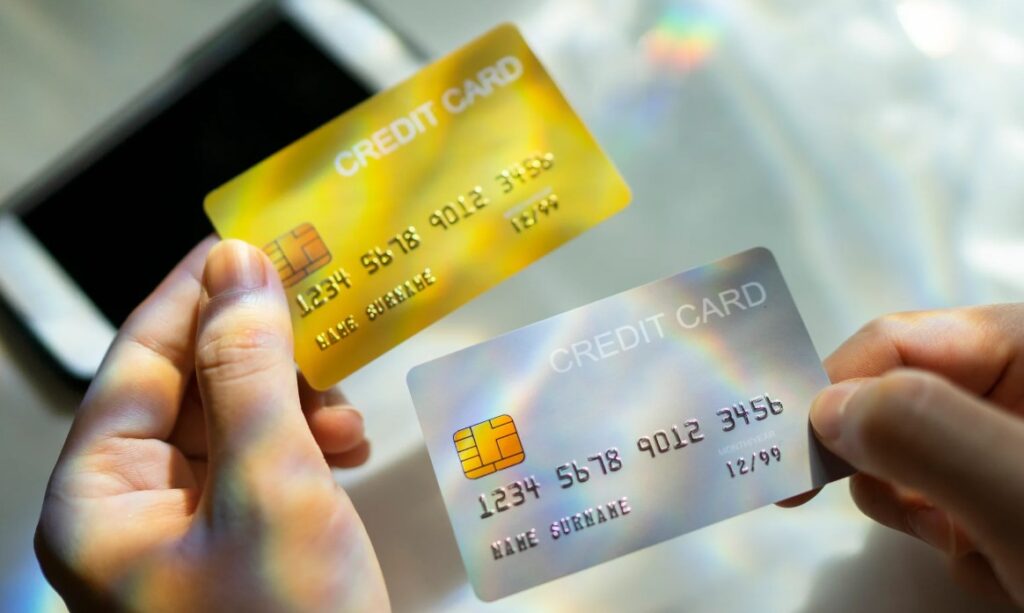
For instance, Aspiration Zero offers a carbon-neutral credit card, and American Express has introduced the Green Card, crafted from reclaimed plastic. This trend is particularly popular among millennials and Gen Z, who are more environmentally conscious.
The integration of cryptocurrency into the credit card sector is another groundbreaking development. We are witnessing the launch of cryptocurrency-backed credit cards from major players in the crypto market like BlockFi and Coinbase. These cards allow users to earn rewards in cryptocurrencies, highlighting a fusion of traditional banking with the emerging digital currency world.
Contactless payments have seen a surge in popularity, especially in the wake of the COVID-19 pandemic. The convenience and safety of contactless transactions have made them a preferred choice among consumers. This trend is bolstered by the widespread use of digital wallets like Apple Pay and Google Pay, making in-store and online purchases seamless and secure.
The Buy Now, Pay Later (BNPL) model is another phenomenon gaining traction. This approach, which allows consumers to make purchases and pay in installments, has become increasingly popular as it offers a flexible payment alternative without the immediate financial burden. Companies are expanding their BNPL offerings, appealing to a market that seeks immediate gratification coupled with financial flexibility.
Lastly, there’s a noticeable increase in credit card debt. Factors like inflation and rising interest rates have led to a higher reliance on credit cards, with consumers leaning on them to manage escalating living costs. This trend indicates a shift in how credit cards are perceived – from being a purchasing tool to a necessary financial lifeline for many.
Credit Card Security Innovations
The security of credit card transactions has always been paramount, but with advancing technology, new methods are emerging. Biometric authentication, such as fingerprint and facial recognition, is becoming more common, offering enhanced security over traditional PINs and passwords.
Similarly, tokenization technology, which replaces card details with unique identifiers during transactions, is gaining traction. These innovations aim to reduce fraud and increase consumer confidence in using credit cards.
Impact of AI on Credit Card Services
Artificial Intelligence (AI) is revolutionizing the credit card industry by personalizing customer experiences and enhancing fraud detection. AI algorithms can analyze spending patterns to provide tailored rewards and offers, making credit cards more appealing to individual users.
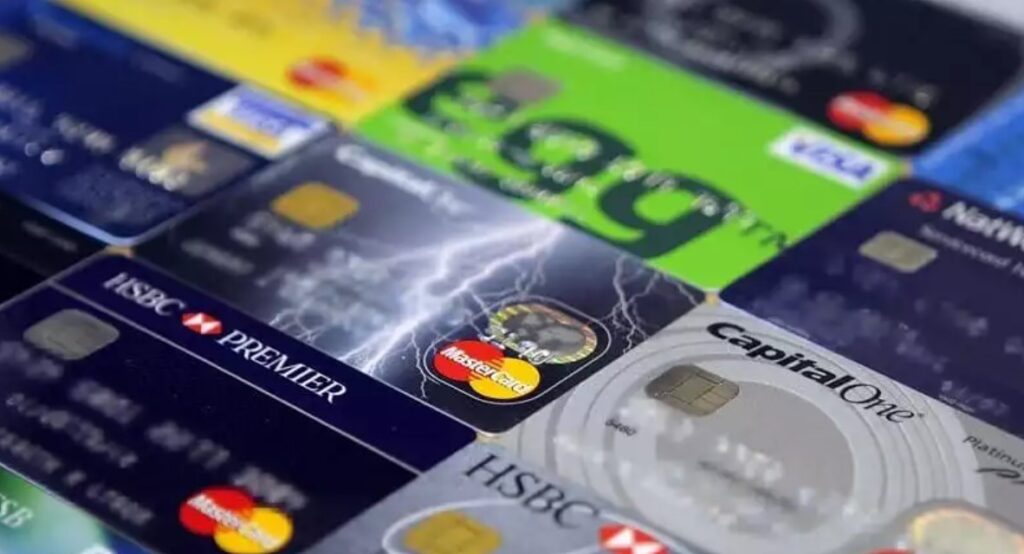
Moreover, AI-driven systems are being employed to detect unusual transactions, thereby reducing the risk of fraud. This integration of AI not only improves user experience but also bolsters the overall security of credit card transactions.
The Role of Credit Cards in Financial Inclusion
Credit cards are increasingly seen as tools for financial inclusion, especially in developing economies. Financial institutions are introducing low-requirement credit cards, designed to be accessible to individuals with limited credit history.
These initiatives aim to bring more people into the formal banking system, offering them the benefits of credit and helping in building their credit scores. Such efforts are crucial in reducing the financial divide and promoting economic empowerment.
Green Financing with Credit Cards
A relatively new concept, Green Financing with credit cards, focuses on promoting environmentally friendly spending. Credit card companies are partnering with green initiatives, allowing cardholders to contribute a portion of their spending towards environmental projects. This trend not only encourages sustainable consumer habits but also aligns credit card use with broader environmental goals.

Virtual Credit Cards and Online Security
The rise of virtual credit cards is a response to growing concerns over online security. These are temporary card numbers that can be used for online transactions, providing an extra layer of security. Since these numbers are distinct from the physical card, they reduce the risk of online fraud. Virtual credit cards are becoming a popular choice for cautious online shoppers and businesses managing online subscriptions.
Credit Cards and Mental Health
Exploring the psychological impact of credit card usage, this section delves into how managing credit card debt can affect mental health. It discusses the stress and anxiety associated with debt and provides insights into healthy financial habits. This perspective encourages readers to consider the mental and emotional aspects of credit card use, promoting a more holistic approach to personal finance.
Credit Card Accessibility for Disabled Users
This topic focuses on how the credit card industry is adapting to improve accessibility for users with disabilities. Innovations like braille credit cards, voice-activated commands, and enhanced online services are emerging to make credit card usage more inclusive. This section highlights the importance of equal financial access and the industry’s efforts to cater to all consumers.

Impact of Global Events on Credit Card Usage
Analyzing how global events like pandemics or economic downturns impact credit card usage patterns, this part examines shifts in consumer behavior during crises. It explores changes in spending habits, credit card debt accumulation, and how credit card companies respond to these challenges, offering insights into the adaptive nature of the credit card industry.
Youth Education and Credit Card Literacy
This heading addresses the importance of credit card literacy among young adults. It discusses educational initiatives and programs aimed at teaching responsible credit card usage to teenagers and college students. The focus is on fostering financial responsibility from a young age to prevent future debt-related issues.
Credit Cards and Charitable Giving
Exploring the intersection of credit card usage and philanthropy, this section discusses credit cards that enable users to support charitable causes. It highlights cards that donate a portion of transactions to nonprofits or allow users to accumulate points for donations, illustrating how everyday spending can contribute to social good.

Tip Dominos With A Credit Card
Tipping at Domino’s with a credit card is straightforward and flexible. You can ask the server to add a specific tip percentage to your credit card transaction. This simplifies gratuity calculation and consolidates it into your total payment. It’s a convenient way to show appreciation for service without the need for cash.
Credit Card Companies Reuse Numbers
Credit card numbers are unique and cannot be reused. Each issuer has a unique BIN (Bank Identification Number), which comprises the first six digits of the 15/16-digit card number.
This ensures the exclusivity of each credit card number. Despite the legality of retaining credit card information, businesses are advised against it to prevent compromising customer data. Employee cards from business credit accounts have distinct numbers, ensuring individual accountability and security.
Nail Salons Accept Credit Cards
Most nail salons accept credit cards, providing customers with a convenient payment option. Credit cards are a widely accepted form of payment, making transactions easy and secure. This method benefits both the business and its customers by offering a streamlined payment process.
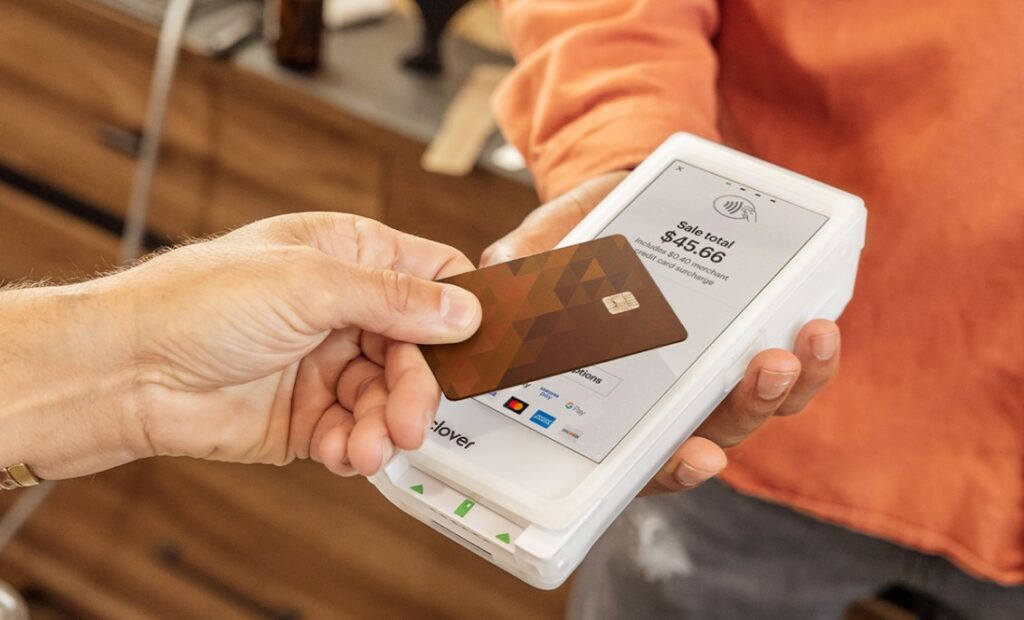
Transfer Credit Card Chip
The implementation of credit card chips, also known as EMV (Europay, Mastercard, and Visa) cards, is a measure against credit card fraud. These chips generate a unique, one-time-use code for each transaction, significantly enhancing security. The chip prevents credit card forgeries and unauthorized transactions, as replicated cards without the chip’s code won’t be approved.
Avis Accept Chime Credit Card
Avis generally accepts Chime credit cards at most locations. However, it’s advisable to confirm with the specific Avis location. Chime credit and debit cards are typically approved, offering flexibility and convenience for car rentals.
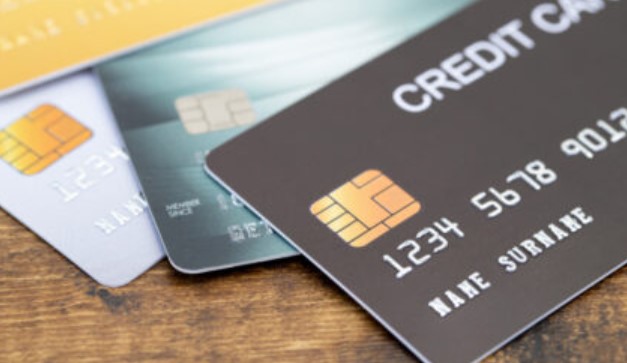
Edge Elite A Real Credit Card
The Edge Elite Credit Card is a genuine credit card, primarily aimed at individuals with poor or no credit history. It’s a merchandise credit card, offering a 0% interest rate and up to a $1,000 unsecured credit line. This card, which has no annual fee, is issued by Unique Card Services and First National Bank of Omaha.
MCW Charge On Credit Card
MCW charges on credit card statements categorize transactions at wholesale clubs or warehouse stores. It helps determine the appropriate interchange fee for the merchant. MCW charge is not an additional fee for the customer and does not impact the credit score. When selecting “savings” or “checking,” transactions are processed as cash withdrawals, labeled as “mcw” on bank statements.
Tighten Credit Card Slots In Wallet
To tighten credit card slots in a wallet, first empty and clean the slots thoroughly. Soaking the wallet in lukewarm water for 10 minutes, followed by drying in sunlight, effectively tightens the leather. This method ensures that your cards remain securely in place.
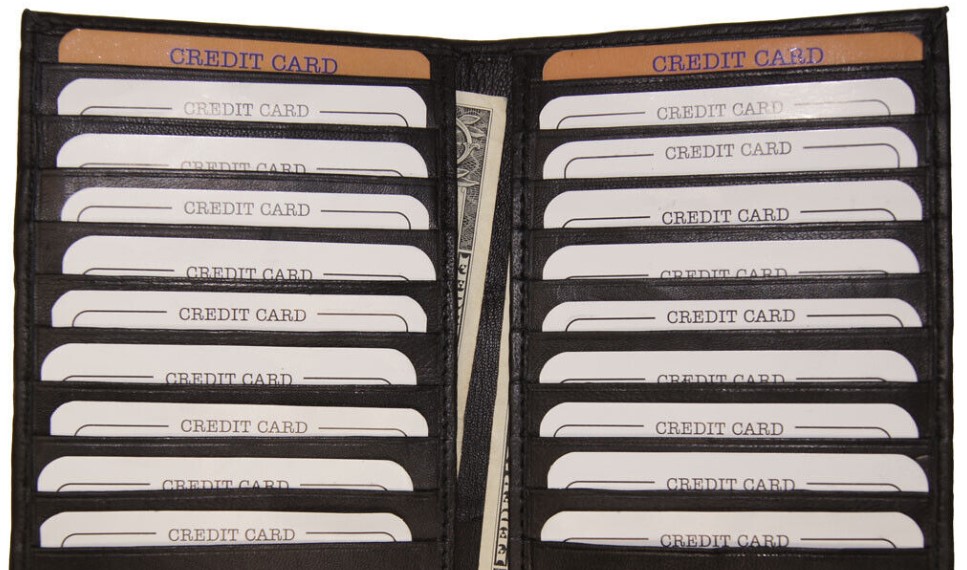
H4 Apply Credit Card
H-4 visa holders, who are dependents of H-1B visa holders, have certain privileges in the U.S. They can attend school, obtain a driver’s license, and open a local bank account.
While their ability to work depends on obtaining an Employment Authorization Document (EAD), H-4 visa holders can still open a bank account with appropriate documentation like identification, proof of address, and an Individual Taxpayer Identification Number (ITIN).
Although getting a credit card in the U.S. without a local credit history can be challenging, there are options available for newcomers, including H-4 visa holders, to start building their credit history.
Buy Crypto With A Discover Credit Card
Purchasing cryptocurrencies like Bitcoin with a Discover credit card is possible, but the process is not straightforward. Cardholders must register with a trustworthy and regulated cryptocurrency exchange that accepts transactions via Discover Card’s fund transfer methods. P2P (Peer-to-Peer) marketplaces are commonly used platforms for this purpose.
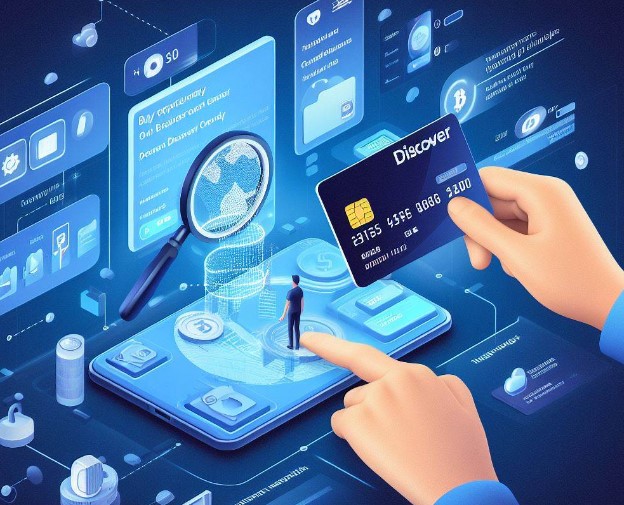
While Discover Financial itself does not offer cryptocurrency trading services, customers can link their bank account or credit card to a third-party cryptocurrency exchange to buy and sell digital assets. Exchanges like eToro are known to facilitate such transactions.
Pay Payroll With A Credit Card
Using credit cards for payroll payments can be a strategic move for businesses, especially when facing cash flow challenges. Payroll usually constitutes a significant portion of a business’s monthly expenses, and using a credit card for payroll allows businesses to tap into pre-approved, underutilized credit.
This approach provides an interest-free credit period of up to 58 days, helping businesses manage short-term financial needs effectively. Additionally, it ensures smooth operations despite delayed customer payments, as employees can still be paid on time. By using credit cards for payroll, businesses gain more working capital, facilitating growth and investment in other areas.
Furthermore, businesses can earn rewards on these substantial expenses, similar to personal credit card usage. Services like CardUp allow businesses to make payroll payments with credit cards, even if recipients do not accept card payments directly, offering a streamlined and rewarding way to handle payroll expenses.
Save Money On Credit Card Processing Fees
Businesses can adopt several strategies to reduce credit card processing fees, which typically range from 1.5% to 3.5%. One common method is passing these fees onto customers. Additionally, understanding the composition of these fees is crucial.

They are usually a sum of the credit card interchange fees paid to the issuing bank, a small network assessment fee paid to the credit card association, and the processor’s markup. To minimize these fees, businesses should form good habits like settling transactions daily, as card associations often offer the lowest interchange fees when sales are settled within 24 hours.
Having A Credit Card Haram
In Islamic finance, credit cards can be considered haram if they involve paying or receiving interest (riba), which is prohibited. Banks typically lend money through credit cards in return for interest, and late payments incur additional charges, making standard credit cards haram.
However, it’s noted that not all credit cards are deemed haram. Muslim scholars unanimously agree that credit cards not involving riba are permissible. Some Islamic banks offer Sharia-compliant credit cards, which avoid the issue of interest. The permissibility of credit cards in Islam thus depends on their specific terms and conditions.
Plumbers Take Credit Cards
The plumbing industry has adapted to modern payment methods, and many plumbers now accept credit cards. Different methods are used, such as credit card machines, virtual terminals, email invoicing, and hosted payment pages.

This move towards diverse payment options reflects a broader trend in trade services, where businesses are increasingly accommodating various payment methods, including major credit cards, to cater to customer convenience and preferences.
Taxis In Aruba Take Credit Cards
Taxis in Aruba predominantly do not accept credit cards. Payment is generally expected in cash, either in the local currency of Aruban Florin or in U.S. dollars. Although Aruba is a popular tourist destination, its taxi services maintain traditional payment methods, and visitors are advised to be prepared with cash for their taxi rides. This cash-only preference is consistent across the island, irrespective of the journey or destination.
Car Rentals Accept Chime Credit Card
Car rental companies, including well-known ones like Enterprise, Hertz, Alamo, National Car Rental, Budget, Dollar Car Rental, and Turo, typically accept major credit cards, including Chime’s Visa-branded cards.
Using a credit card, particularly one not capped by your bank balance, is more widely accepted in car rentals compared to using a debit card. It’s important to ensure that you have enough available credit to cover any holds the rental agency might place on the card. Car rental companies that may accept Chime Cards include Enterprise, Turo, Budget, Hertz, Thrifty, Avis, Dollar, and Sixt.
Charter Services Charge On Credit Card
The term “charter services charge on credit cards” refers to the charges incurred when booking various types of charter services, such as private jet charters, yacht rentals, vacation packages, and guided tours, using a credit card.

These charges often appear with different merchant names or descriptions on the statement. It’s essential to review your credit card statement carefully to identify any such charges and verify their authenticity.
When you book a charter service with your credit card, the provider charges the agreed-upon amount to your card, which will then appear as a “charter services charge” on your statement. Regular review of your credit card statements is crucial to ensure accuracy and identify any unauthorized charges.
VIOC On My Credit Card
VIOC stands for “Valvoline Instant Oil Change,” a well-known automotive service provider in the United States. If you see a charge labeled VIOC on your credit card statement, it indicates that you have availed services at a Valvoline Instant Oil Change location.
The services could include an oil change, fluid top-off, or a vehicle inspection. The way this charge appears on your statement may vary, sometimes showing as “VIOC,” “VIOC Debit,” “VIOS POS,” or “Valvoline Instant Oil Change”.
Credit Card Skins Legal
Adding a custom skin to your credit or debit card is not illegal. Once you own the card, you can customize it as you please. Credit card skins are thin, sticker-type covers that can be applied to credit cards for personalization. They do not affect how the card works and can still be used in ATMs or other card readers. However, some companies might turn down the use of cards with skins, so it’s something to be mindful of.
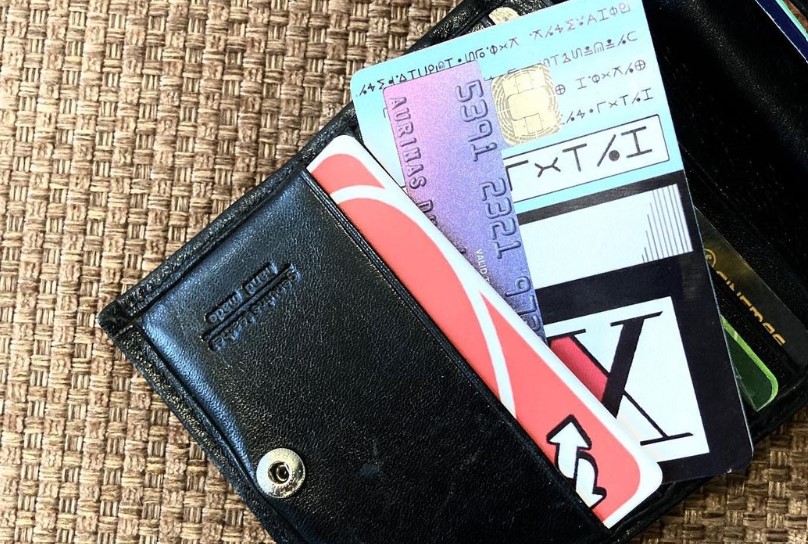
Moving Companies Accept Credit Cards
Most moving companies today accept credit cards, along with cash and checks. Accepting credit card payments is beneficial for both the moving companies and their customers. It provides convenience, establishes a transaction record, and reinforces the contract between the customer and the service provider.
All major credit cards are typically accepted, though additional payment options may vary by location. The widespread acceptance of credit cards in the moving industry reflects the growing preference among consumers for convenient and traceable payment methods.
Vending Machines Charge Extra For Credit Cards
Vending machines often charge extra fees for credit card transactions. This is primarily due to the processing fees that credit card companies charge to the vending machine operators. When a customer uses a credit card, the machine’s operator incurs a fee, typically a percentage of the transaction amount.
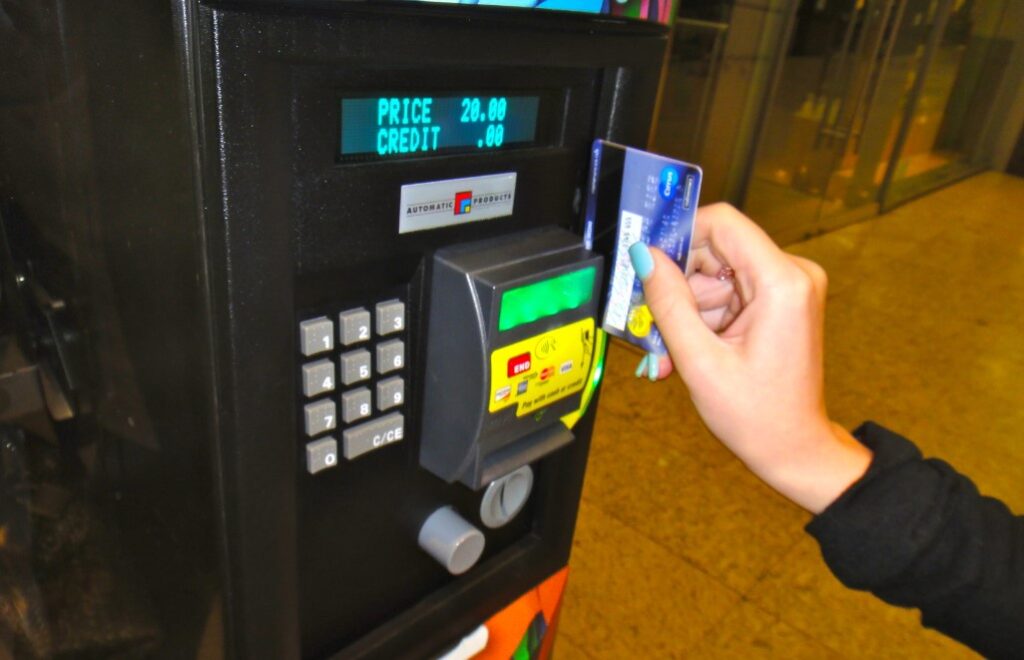
To offset these costs, operators may add a small additional charge for credit card users. This practice is becoming more common as vending machines evolve to accept electronic payments, which are more convenient but come with added costs. The extra charge is usually clearly displayed on the machine, ensuring transparency for consumers.
Add A Credit Card To World Of Warcraft
Adding a credit card to your World of Warcraft (WoW) account is a straightforward process. It allows for seamless transactions, such as paying for monthly subscriptions or purchasing in-game items. To add a card, log into your Blizzard account, navigate to the payment methods section, and enter your credit card details.
Blizzard Entertainment ensures high security for all transactions, safeguarding your financial information. This convenience enhances the gaming experience, allowing players to focus more on gameplay and less on payment hassles.
Bypass The Amazon Credit Card For Free Trial
To bypass the need for a credit card when signing up for an Amazon free trial, you can use alternative payment methods. Amazon often allows the use of debit cards, Amazon gift cards, or prepaid cards for trial sign-ups.
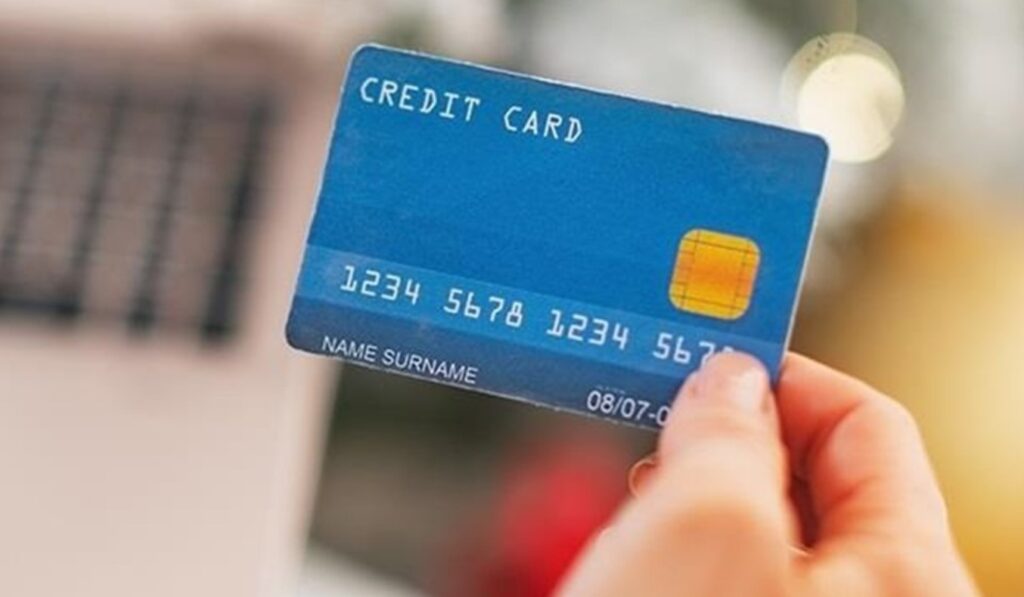
However, it’s important to ensure that the alternative method has sufficient balance to cover potential charges. This flexibility makes it easier for those without a credit card to access Amazon’s services. Always read the terms and conditions of the free trial to understand the obligations and avoid unexpected charges.
Credit Card Advantages and Disadvantages
Credit cards offer numerous advantages, including convenience, rewards, and building credit history. They are widely accepted and can be a secure way to make transactions. Rewards like cashback, points, and travel perks can also be significant benefits.
However, there are disadvantages, such as the potential for high interest rates and fees, the risk of debt accumulation, and the possibility of negatively impacting credit scores if mismanaged. It’s crucial for users to understand these aspects to use credit cards wisely and avoid financial pitfalls.
Someone Use Your Old Credit Card Number
If someone uses your old credit card number, it’s essential to act promptly. Report the unauthorized use to your credit card issuer immediately. They will investigate the matter and may issue a new card with a different number for your security. Monitoring your credit reports and statements for any unusual activity is also advisable.

Credit card issuers often have robust fraud protection measures, and you are usually not held liable for unauthorized transactions reported in a timely manner. Taking these steps helps protect your financial security and credit standing.
Digital Wallets vs. Credit Cards
The comparison between digital wallets and credit cards is becoming increasingly relevant in today’s tech-driven world. Digital wallets offer a level of convenience and security that traditional credit cards struggle to match, such as contactless payments and encrypted transactions.
However, credit cards still hold a significant place due to their widespread acceptance and credit-building capabilities. This section will delve into the pros and cons of each, helping readers make informed decisions about their preferred payment methods.
Credit Card Security Features
Credit card security has evolved significantly, with features like EMV chips, virtual card numbers, and biometric authentication becoming standard. These advancements have greatly reduced the risk of fraud and unauthorized use.
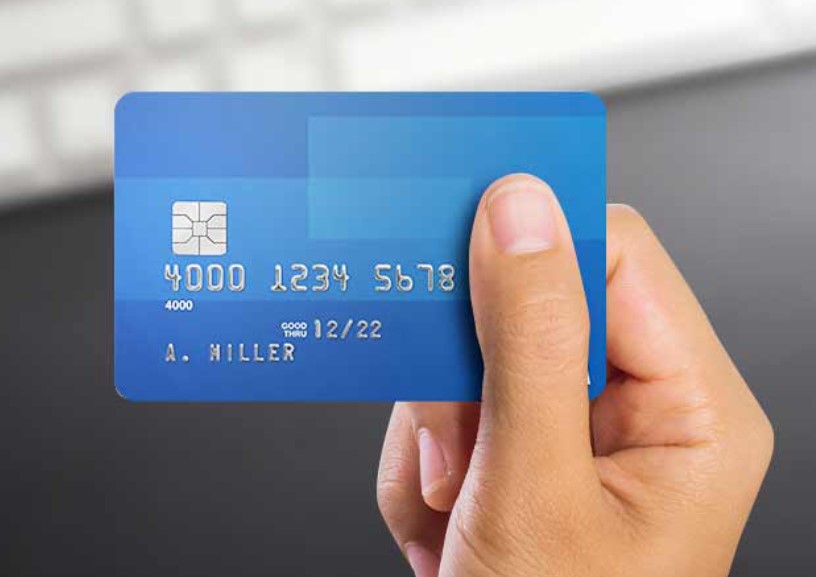
This section will explore the latest security features in credit cards, how they work, and why they are essential for protecting consumers’ financial information in an increasingly digital world.
Impact of Credit Cards on Credit Score
The influence of credit card usage on an individual’s credit score is a critical aspect of financial health. Responsible use can enhance a credit score, while mismanagement can lead to detrimental effects. This section will provide insights into how credit card usage impacts credit scores, including factors like credit utilization, payment history, and the importance of timely payments.
Credit Card Rewards Programs
Credit card rewards programs are a major attraction for many users, offering benefits like cashback, travel points, and exclusive discounts. However, understanding the nuances of these programs is crucial to maximize their benefits. This section will discuss different types of rewards programs, how to choose the right one for your spending habits, and strategies to optimize the rewards you earn.

Global Acceptance of Credit Cards
The global acceptance of credit cards is a vital consideration for travelers and international shoppers. While credit cards offer a convenient payment method worldwide, there are variations in acceptance and fees depending on the country and card issuer. This section will explore the global reach of credit cards, including tips for international travel and avoiding foreign transaction fees.
Credit Card Regulations and Consumer Protection
Understanding credit card regulations and consumer protection laws is crucial for cardholders. These regulations, such as the Credit CARD Act in the United States, are designed to protect consumers from unfair practices and provide transparency in credit lending. This section will delve into the key aspects of these regulations, how they impact cardholders, and the rights consumers have when dealing with credit card companies.

The Evolution of Credit Card Technology
The evolution of credit card technology reflects the changing landscape of digital payments. From magnetic stripes to chip-and-PIN technology, and now to contactless and mobile payments, credit cards have undergone significant transformations. This section will explore the technological advancements in credit cards, their impact on transaction efficiency and security, and what future innovations we might expect.
Credit Card Debt Management Strategies
Effective credit card debt management is a critical skill for financial stability. High interest rates and revolving credit can lead to escalating debt if not managed properly. This section will offer strategies for managing credit card debt, including consolidation options, budgeting techniques, and understanding the implications of minimum payments versus full payments.
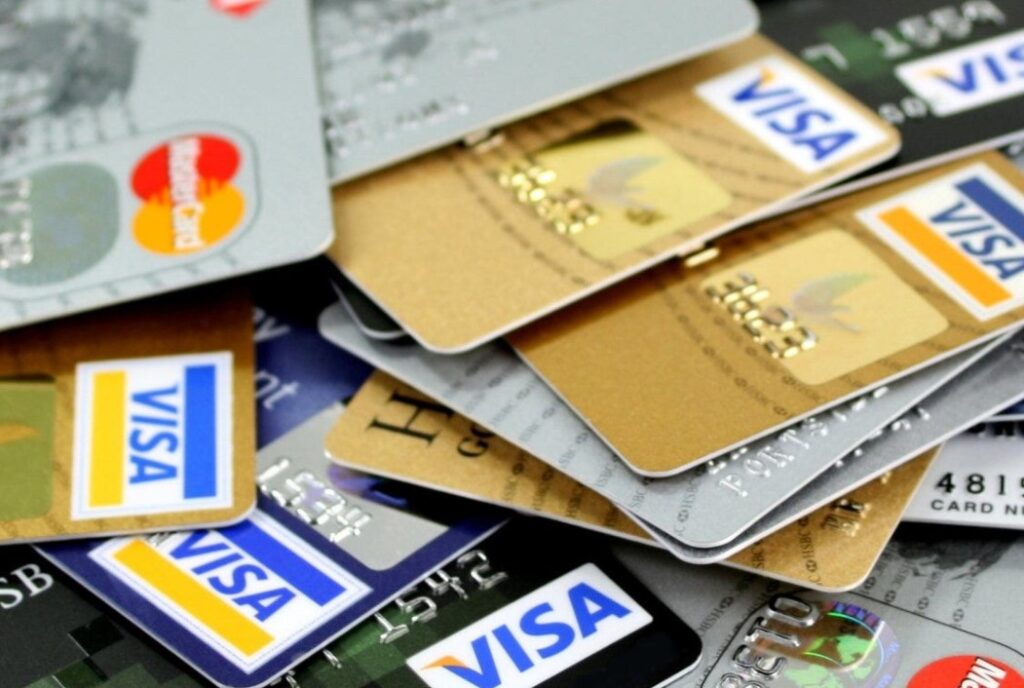
The Role of Credit Cards in E-commerce
Credit cards play a pivotal role in the e-commerce sector, facilitating easy and secure online transactions. However, this also brings challenges like online fraud and data breaches.
Sustainable and Eco-Friendly Credit Cards
The emergence of sustainable and eco-friendly credit cards is a response to growing environmental concerns. These cards are made from biodegradable materials or contribute to environmental causes with each transaction.
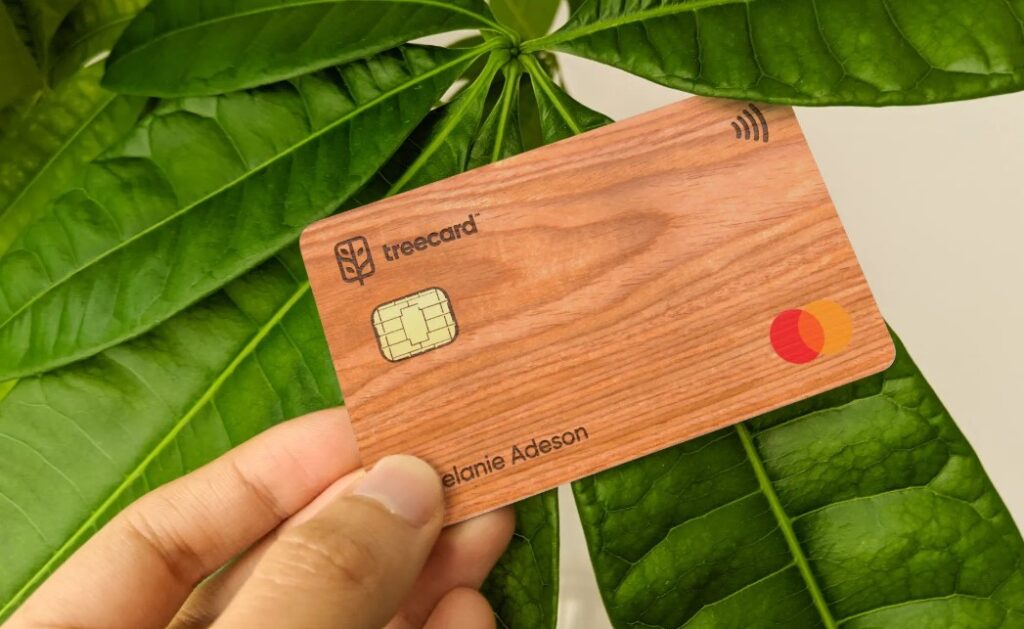
Credit Card Use in Different Age Demographics
Exploring credit card use in different age demographics reveals diverse financial behaviors and needs. From young adults building credit to seniors managing retirement finances, credit card usage varies significantly across age groups.
The Psychology Behind Credit Card Spending
Understanding the psychology behind credit card spending is crucial in managing personal finances. Credit cards can psychologically detach consumers from the immediate impact of spending, leading to higher expenditure.

Credit Card Fraud Detection Techniques
Advancements in credit card fraud detection techniques are essential in safeguarding users’ financial security. With the rise of sophisticated scams, credit card companies are increasingly employing AI and machine learning algorithms to detect fraudulent activities.
The Impact of Credit Cards on Small Businesses
Credit cards have a significant impact on small businesses, both as a payment method and a source of funding. Accepting credit cards can boost sales but also comes with processing fees and financial management challenges.

Integrating Credit Cards with Personal Finance Apps
The integration of credit cards with personal finance apps is revolutionizing how consumers manage their finances. These apps offer features like expense tracking, budgeting, and credit score monitoring.
Conclusion
As we’ve navigated through the intricacies of credit card usage, it’s clear that while they offer convenience and various benefits, they also require careful management. From understanding extra charges at vending machines to adding cards in online platforms like World of Warcraft, and even dealing with unauthorized transactions, credit cards are a powerful financial tool.
They can open doors to rewards and ease of transactions but also demand vigilance against potential pitfalls. In conclusion, whether it’s for leisure or necessity, managing your credit card effectively is key to harnessing its full potential while safeguarding your financial health.
A multifaceted professional, Muhammad Daim seamlessly blends his expertise as an accountant at a local agency with his prowess in digital marketing. With a keen eye for financial details and a modern approach to online strategies, Daim offers invaluable financial advice rooted in years of experience. His unique combination of skills positions him at the intersection of traditional finance and the evolving digital landscape, making him a sought-after expert in both domains. Whether it’s navigating the intricacies of financial statements or crafting impactful digital marketing campaigns, Daim’s holistic approach ensures that his clients receive comprehensive solutions tailored to their needs.









